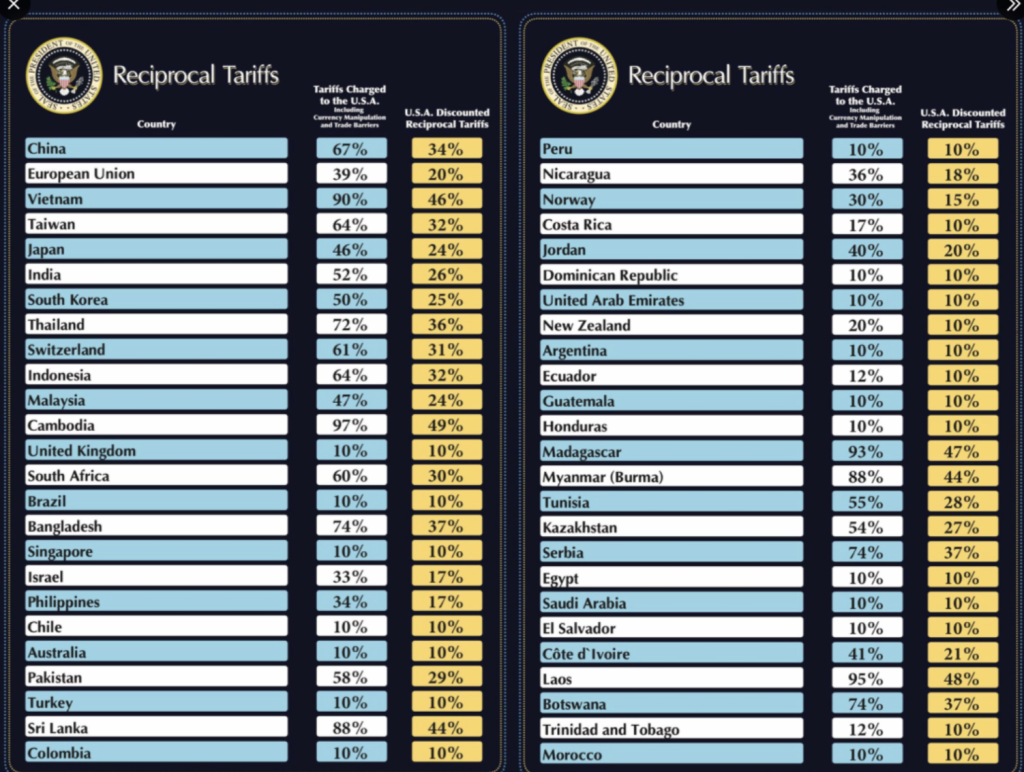Government/Policy

September 5, 2025
Market unfazed by US circuit court’s IEEPA decision
Written by Kristen DiLandro
A potential repealing of “reciprocal” tariffs placed by President Donald Trump on US imports – including those of of direct reduced iron (DRI), iron ore, hot-briquetted iron (HBI), and pig iron – would have only a nominal impact on the US steel market, market participants said.
Background
The Trump administration rolled out a series of country-specific reciprocal tariffs in April. The president stated that the International Emergency Economic Powers Act (IEEPA) granted the him authority to enact the tariffs without Congressional approval. Recall that the reciprocal tariffs, also referred to as the IEEPA tariffs, differ from the Section 232 tariffs on steel and aluminum.
The IEEPA tariffs became the focus of mainstream business press headlines on Friday, Aug. 29, when the US Court of Appeals for the Federal Circuit ruled that the president didn’t have the legal authority to enact the reciprocal tariffs via IEEPA. The fate of the reciprocal tariffs now rests with the Supreme Court.
The circuit court decision on reciprocal tariffs didn’t raise many eyebrows in the steel market because Section 232 tariffs on foreign steel imports remain in place. The primary impact of reciprocal tariffs on steel is in the raw materials space.
That’s because electric-arc furnace (EAF) steelmaking uses scrap together with raw materials such as DRI, HBI, iron ore, and pig iron. Those inputs faced IEEPA tariff exposure. Concern had centered around Brazilian pig iron, which US EAFs rely heavily on and which faced a 50% IEEPA tariff along with other Brazilian exports.
Market impact
In late July, however, the Trump administration carved out an exemption for pig iron and iron ore from Brazil. That carve-out resulted in the tariff on Brazilian pig iron and iron ore remaining at 10% even as other exports from Brazil faced a 50% reciprocal/IEEPA duty.
Because of the carve-out from IEEPA tariffs for Brazilian raw materials, the US steel market has little skin in the game regarding court decisions on those tariffs, industry sources said. And that should remain the case as long as Brazil’s carve-out is maintained and assuming Section 232 tariffs remain in place, they added.







